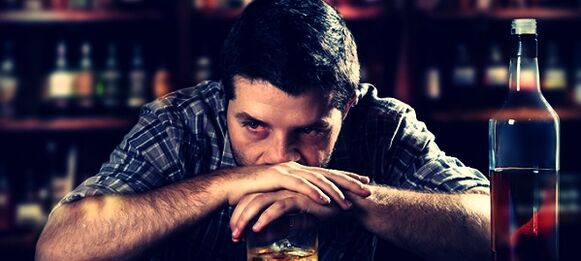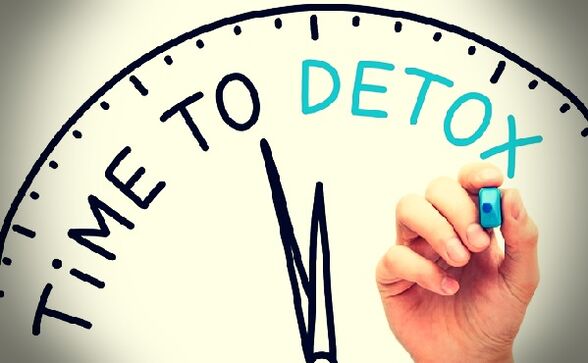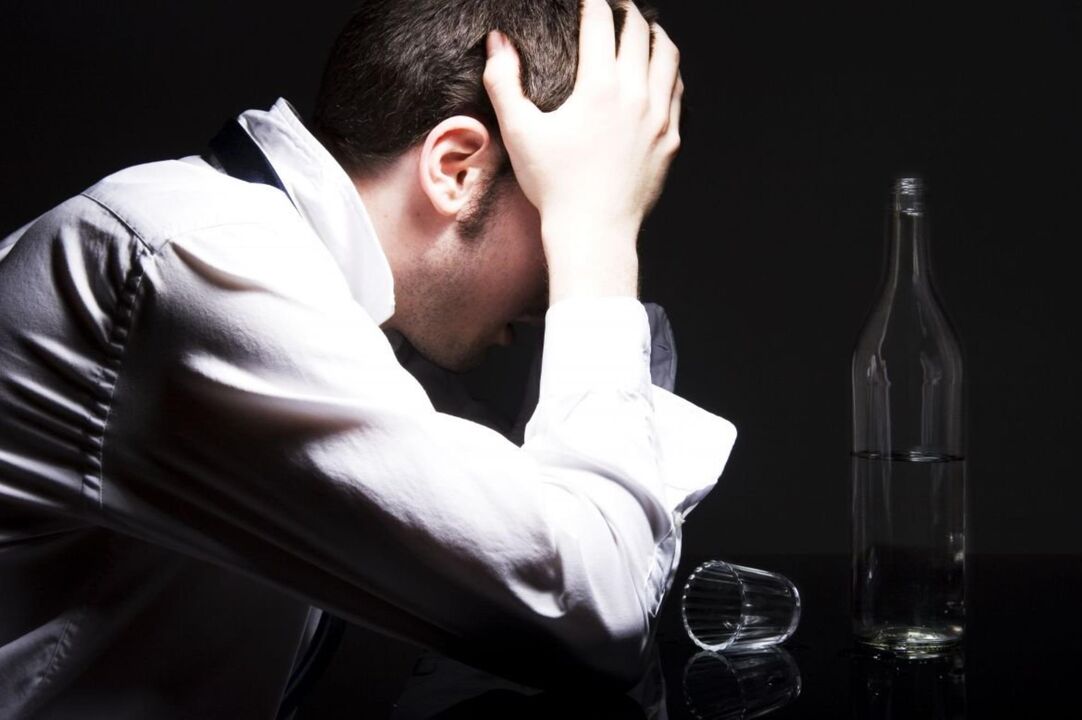Backed up by myths and understatements, alcohol addiction traps a huge number of people every year. The problem of drunkenness is more important than ever: According to statistics, only 20% of people drink no more than 2-3 times a month. Others drank even more frequently without even realizing they had become dependent on green snakes or had become addicted. When health begins to decline or relatives ask to settle down, drinkers ask themselves a question: How to stop drinking forever, is it possible without coding?
aware of the problem
Drinkers rarely admit that they are very close friends with alcohol. Like, I only drink beer on weekends, but my neighbors drink vodka every day. When is it worth considering whether your behavior crosses the line between "occasional drinking" and binge drinking?
- If you drink alcohol more than once a month.
- If you drink to the point of intoxication, not a glass.
- If alcohol is your essential tool for rest and relaxation.
Even the presence of both of the above factors indicates that the risk of alcohol dependence may have already begun.
After passing the quiz, a person needs to admit that he still has alcohol-related problems. At this stage, drinkers will make many excuses for their actions. But each of them can be countered by logical reflection.
- I don't drink, I just relax. Alcohol brings an imagined sense of relaxation. Soon after drinking alcohol, the body has to work hard to save itself from alcohol poisoning. When the dose is too high, a hangover can have unpleasant and distressing symptoms. What kind of vacation are we talking about?
- I drink because I have a problem. Everyone has two kinds of problems in life: they either need to be solved or they are not worth worrying about at all. Just by getting addicted to glass, there are more problems than before: loss of job, family, health.
- I drink because my life is hard. For a few, it may seem like an interesting walk on this earth. Say you have a hard life, hungry children in Africa, terminally ill people, orphans in orphanages.

As you can see, any argument in defense of drunkenness can be refuted, but the drinker needs to do it himself and ultimately agree that he has been deceiving himself and others.
steps towards sobriety
A small percentage of alcoholics can make the decision to say goodbye to alcohol once and for all. A week later, a commitment to self or a loved one overshadowed a strong urge to drink that those who stopped drinking couldn't resist. Relapses occur because alcoholics do not understand that sobriety is a goal that needs to be achieved gradually, in small but reliable steps.
- After a long period of binge eating, it is impossible to quit drinking immediately. This puts extra stress on the heart and nervous system. Before you stop drinking, you need to get rid of the decay products in your body. This can be done either in a medical hospital under a dropper or at home. For the latter option, drugs sold on the Internet are suitable. Not only do they remove toxins, they also help reduce cravings for alcohol.
- When your mind is clear and your hands are not shaking, you need to understand that you can only get rid of alcohol addiction by giving up any alcoholic beverage in any dose forever. It takes motivation: the desire not to destroy health, the fear of losing a job or family.
- How many people trying to quit drinking slammed under the weight of quitting. You need to know the enemy for yourself, so after taking the road to sobriety, you should remember that your body needs a dose of ethanol to react:
- unprovoked anxiety;
- self-pity;
- emptiness in life;
- Weak and unwilling to do anything.

Do not abuse folk remedies to cleanse the body: herbal remedies also have contraindications and can make the disease worse.
An abstinence period can last from 6 to 18 months.

Activities that promote wakefulness
How do you stop drinking forever if life seems grey and monotonous? That's what abstaining from alcohol is all about - fundamentally changing your lifestyle, breaking bad habits and developing useful habits that help you sober.
- First, you will have to avoid companies where everyone drinks. You shouldn't say to a friend or former drinking buddy, "I want to quit drinking. " They may try to dissuade you from doing this "crazy" thing.
- You need to do exercise. Have you ever sat on a beer while cheering on a football team? It's better to drive yourself now. Jogging won't hurt at all without healthy active exercise.
- Find a hobby. After quitting drinking, life seems boring, so you need to figure out a way to deal with it. Now you don't have to buy alcohol, the money can be spent on hobbies, whether it's collecting, woodcarving or fishing. Women who drink alcohol may relax with a yoga or massage class. The most important thing is to meet like-minded people who support a healthy lifestyle.
- You need to break bad habits. Organisms that have been affected by alcohol for years develop other bad habits from their own: smoking, eating fast food, partying in front of the computer every night. Rejecting at least half of them will give them the energy and strength to keep going.
After years of friendship with alcohol, sobriety doesn't come right away, and you have to have a lot of patience on the way to it.































